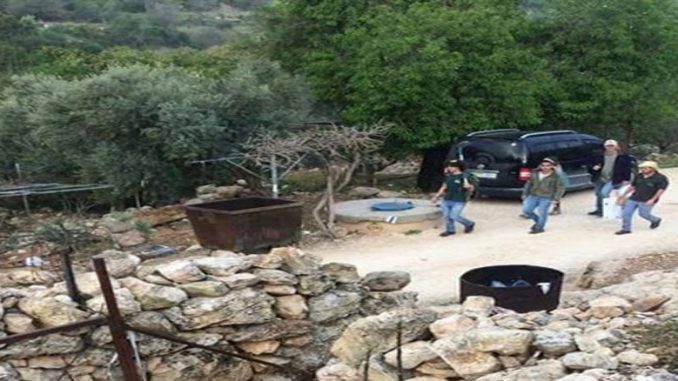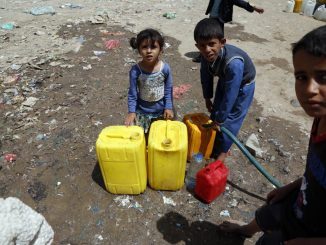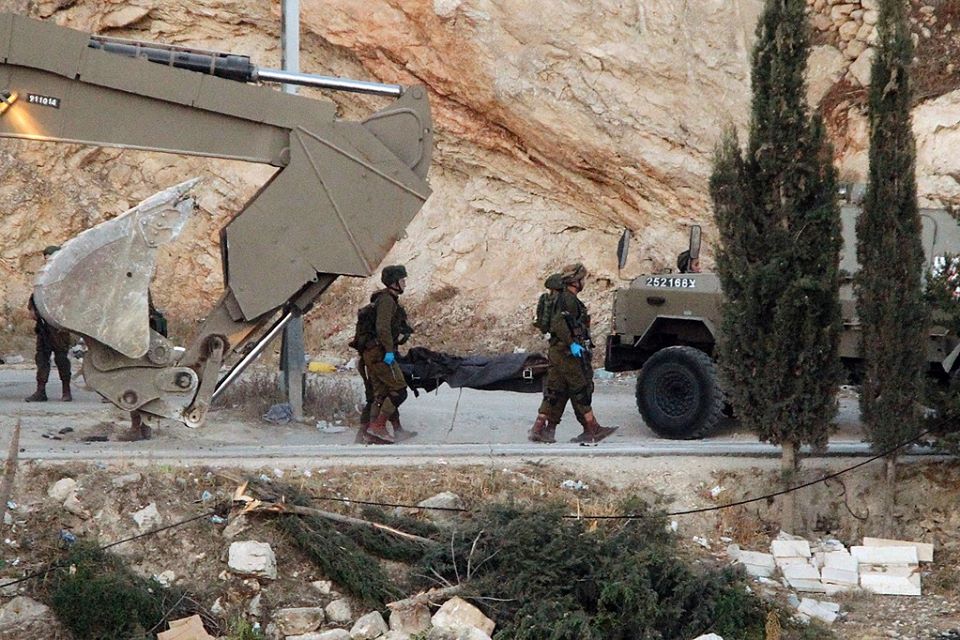
Israeli forces on Friday prevented Palestinians from accessing areas around the Wadi Qana valley west of Deir Istiya village in northern Salfit in the central occupied West Bank, in order to create a “comfortable atmosphere” for illegal Israeli settlers in the area.
Member of the Deir Istiya Municipality Nathmi Salman said that Israeli authorities closed the entrance of Wadi Qana, preventing Palestinians from entering the area from 8 a.m to 3 p.m Friday to provide a “comfortable atmosphere” for Israeli settlers from the nearby Karnei Shomron settlement who organize an annual “spring march” in the area, reported Ma’an News Agency.
According to Salman, Israeli forces had put up signs in Hebrew reading “no entry” late Thursday and informed farmers that the area was closed by Israeli forces on Friday.
Salman said that Israeli settlers arrived in the area early Friday with power generators and “entertainment tools.”
An Israeli army spokesperson said they were looking into reports.
Several Israeli settlements surround the Wadi Qana area, including the Immanuel and Karnei Shomron to the north, and Yaqir and Nofim to the south.
According to Israeli human rights NGO B’Tselem, the central section of Wadi Qana, which is one of the tributaries of the Yarkon River, includes several springs and is located in Area C — the more than 60 percent of the West Bank under full Israeli security and civilian control.
The land in the central section of the wadi is owned by Palestinians, mainly by residents of Deir Istiya, who use the land for farming and grazing.
“Over the course of many generations, and up to the 1990s, village families used to live in the wadi, relying on the springs for drinking water and for irrigating vegetable patches and citrus trees. To this day, residents of Deir Istiya and other neighboring villages go for a dip in the stream and relax on its banks,” B’Tselem said in a 2015 report.
According to B’tselem, over the years, the nearby settlements and outposts have discharged their wastewater into the wadi, spoiling the springs and harming the farmers’ water sources, eventually forcing the fifty Palestinian families who lived in the wadi to move to Deir Istiya in the 1990s.



